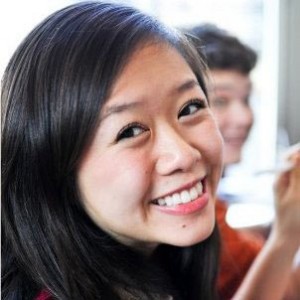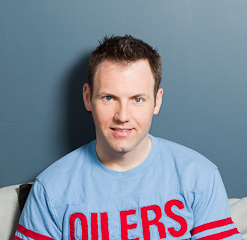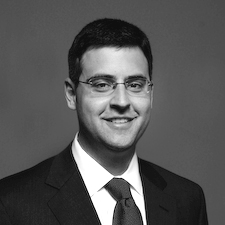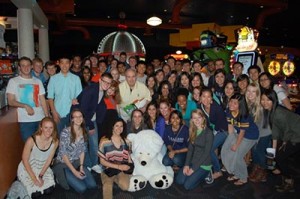 Company: Northern Trust
Company: Northern Trust
Position: Hedge Fund Services Intern
When Lisa Kao started her internship with Nothern Trust, she never imagined how drastically work experience would change her career aspirations. Discover how Lisa found a laid-back, friendly community in a large, conservative organization.
What steps did you take to secure your internship?
I found out about this internship at the McCombs Spring 2013 Career Expo. After getting to know the recruiter a little better, I decided to apply for the job through OCR. There were two rounds of interviews. A few weeks after my second interview, I received a phone call notifying me I had secured an internship position with Northern Trust.
What were the responsibilities for this role?
Within the Hedge Fund Services (HFS) division, I worked specifically on the Cash & Collateral Management team. My daily responsibilities included: providing quality control on overnight batches for OTC margin monitors, issuing and responding to clients’ OTC margin calls, and creating productivity tools for increased client coverage and efficiency. I also had the opportunity to help lead college information sessions for underprivileged children in the Chicago area on behalf of Northern Trust.
Describe the culture within the organization.
My experience with Northern Trust might have been a little different from the other interns’. Northern Trust itself has a conservative culture; it is a bank with over 120 years of history. However, the division I worked under, HFS had a relaxed, fun culture. Many employees were only a few years out of college and were very relatable to college interns. The relationship I had with my manager was easy-going and friendly, although still professional. HFS encouraged its employees to get to know each other on a personal level and hosted several networking and social events throughout the summer. Dress code in the HFS division was not quite as strict either; instead of suits on a daily basis, employees could wear jeans and Sperry’s. I truly enjoyed my time as an intern in HFS and am grateful I was placed in that division!
What was the most surprising or unexpected during your experience?
Coming into this internship, I thought most of my learning would be done through the work I was assigned. However, I learned the most about my career interests and about myself as an individual through talking to the people around me. The principles I thought I valued in my future career are no longer the same. It is both exciting and scary to realize that there is no “right” career path for me to follow anymore.
What advice would you offer your peers in the Honors Program about getting the most out of an internship?
I would say the most important thing is to truly get to know the people you work with. Every employee and intern comes from a different background, and you can learn something from each person whether or not you may think so on first impression. Make sure you ask many questions and take advantage of the resources around you. Another important piece of advice is to enter your internship open-minded. You should never go into your internship thinking you MUST like/dislike your experience there. Your internship is your opportunity to grow and discover your interests. It’s okay if the internship does not end up being how you expected it to be, good or bad. In the end, it is always a wonderful learning experience!
How did you find your classes in the Business Honors Program at the university to be applicable during your internship?
Definitely. I personally find it a little exciting whenever I’m given a task at work that requires me to apply skills and knowledge I’ve previously learned in class. Honestly, working helps you learn the concepts you learn in class on a much deeper, more thorough level. A concept you may not have understood in your accounting class can suddenly make sense once you are given a real-life financial statement to analyze.
How did this organization ensure you got the most out of your internship experience?
Northern Trust has a very well developed, well-structured internship program. A highlight of the program is the weekly “Lunch & Learn” session. During these sessions, executives from different divisions throughout the company would come speak to the interns about his/her career background and current responsibilities. Everyone in the company, even high-level executives, were generally very willing to make time to meet with interns and offer advice to those who reached out. In addition, Northern Trust hosted several service and social outings for the intern class.
What are the most valuable lessons you gained from this internship?
Although this was a finance internship, the most valuable lesson I gained from this internship was not finance related at all. Being a student in the business school, I think it can be very difficult to block out all of the artificial expectations society sets for you and to truly ask yourself what you value in a career. This summer, I met so many people who have completely changed their careers to pursue their passions and have become happier people because of their decisions. You will be successful in your career as long as you are doing something you are truly passionate about. I am grateful to realize and understand the importance of this now rather than later.




